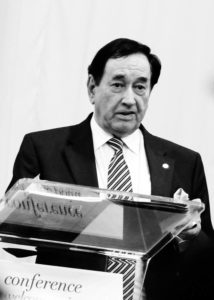IAFOR Grant & Scholarship Recipients 2018
Our warmest congratulations go to Omneya Omar, Omar J. Salaam and Shahla Simin, recipients of IAFOR Scholarships, who have been selected by the conference Organising Committee to receive financial support to present their research at The IAFOR International Conference on Education – Dubai 2018 and The IAFOR International Conference on Language Learning – Dubai 2018.
IAFOR's grants and scholarships programme provides financial support to PhD students and early career academics, with the aim of helping them pursue research excellence and achieve their academic goals through interdisciplinary study and interaction. Awards are based on the appropriateness of the educational opportunity in relation to the applicant's field of study, financial need, and contributions to their community and to IAFOR's mission of interdisciplinarity. Scholarships are awarded based on availability of funds from IAFOR and vary with each conference.
The Organising Committee of the relevant IAFOR conference awards scholarships to eligible applicants who have submitted exceptional abstracts that have passed the blind peer review process and have been accepted for presentation at the conference.
Omneya Omar, Lancaster University, UK
IAFOR Scholarship Recipient
Ms Omneya Omar is currently a Doctoral Student at Faculty of Arts and Social Sciences, Higher Education Research department, Lancaster University, UK, and was previously an Academic Counseling Team Leader at American University of the Middle East, Kuwait. Ms Omar earned her MSc. in Business Psychology from Heriot Watt University. Her research focus well being through learning, with specific focus on lifelong learning and capturing informal learning experiences within the society and workplace.
Omar J. Salaam, University of South Florida, USA
IAFOR Scholarship Recipient
Omar J. Salaam holds an MEd in Educational Leadership with a concentration on the Principalship, a BA in Music Education, and is scheduled for a final defense of his dissertation this semester to complete a PhD in Educational Leadership and Policy Studies from the University of South Florida, USA. His twenty-plus years of experiences in K-12 education incorporate success in private and public schools, local and international schools abroad, and as both a teacher and an assistant principal and principal. His global brand management style also resulted in the corporate experience of working as an educational consultant. He has worked extensively in the areas of global education, diversity and social justice endeavors. Now living and working in Saudi Arabia as a College & Careers Counselor at an International School, Omar looks forward to networking within the Middle East region in his pursuit of a professorship in this region.
Shahla Simin, Teacher Training University, Iran
IAFOR Scholarship Recipient
Dr Shahla Simin, holds a PhD in Applied Linguistics from the University of Isfahan, Iran, and an MA and BA in TEFL. She is currently an English instructor in a teaching training program in Isfahan, Iran. Her research interests lie in the areas of pragmatics, sociopragmatics, sociolinguistics, discourse analysis, ESP/EAP and online communication.
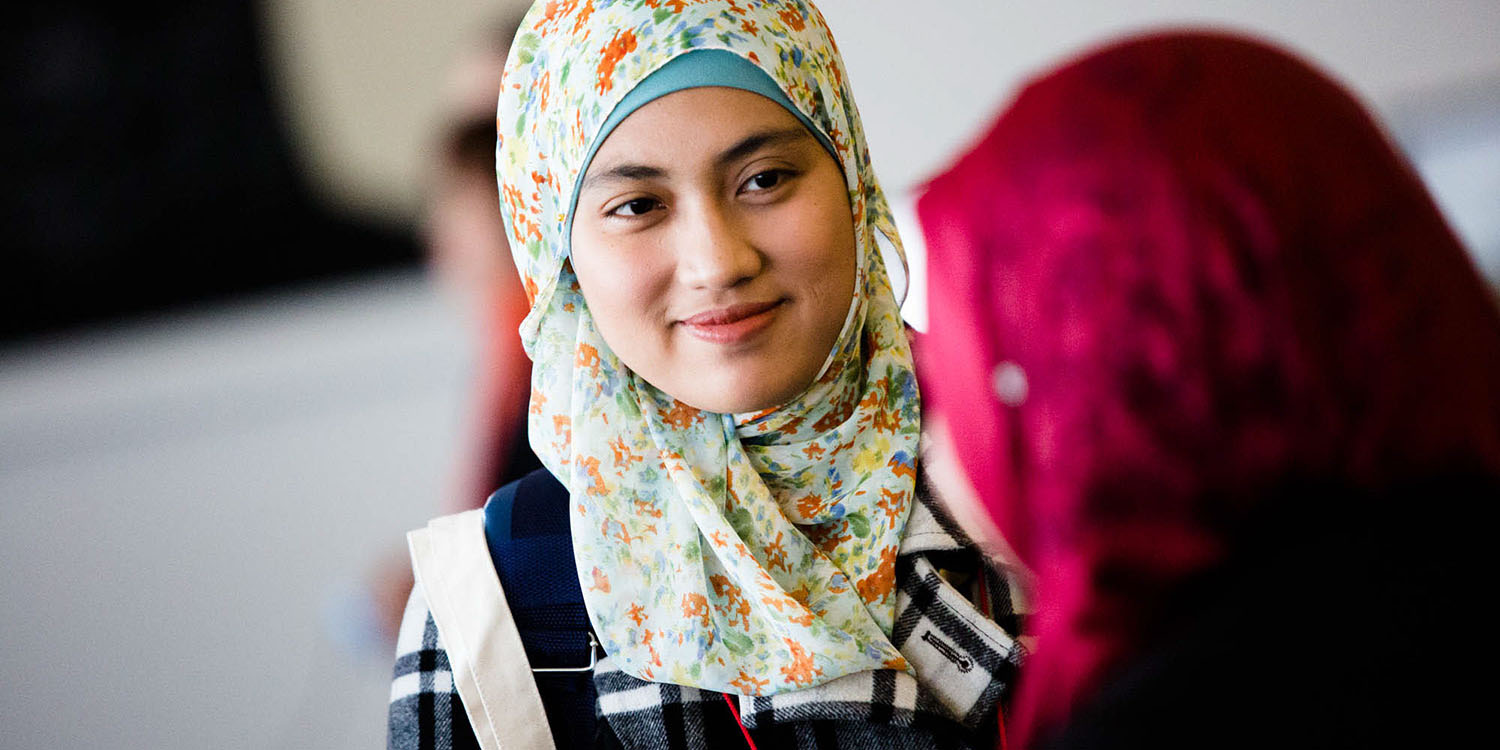
About IAFOR's Grants and Scholarships
IAFOR is dedicated to helping young scholars achieve their research and academic goals, while also encouraging them to apply the principles of interdisciplinary study to their work.
IAFOR offers travel and accommodation grants and full or partial scholarships covering conference registration fees to select postgraduate students and early career academics who might not otherwise have the financial resources to be able to attend our academic conferences.
Who can receive an IAFOR grant or scholarship?
Awards are based on the appropriateness of the educational opportunity in relation to the applicant’s field of study, financial need, and contributions to their community and to IAFOR’s mission of interdisciplinarity. Scholarships will be awarded based on availability of funds from IAFOR and will vary with each conference.
How are recipients of an IAFOR grant or scholarship selected?
The Conference Committee of The IAFOR International Conference on Education – Dubai will award scholarships to eligible applicants who have submitted exceptional abstracts that have passed the blind peer review process and been accepted for presentation at the conference.
How can I apply for an IAFOR grant or scholarship?
If you are eligible for an IAFOR grant or scholarship and would like to be considered, please submit your abstract via the Call for Papers page and select the checkbox for the relevant award during the submission process. Abstracts must be submitted by the initial submission deadline of October 10, 2017 in order to be considered for funding. Applicants will be notified of results within three to four weeks of the initial submission deadline.
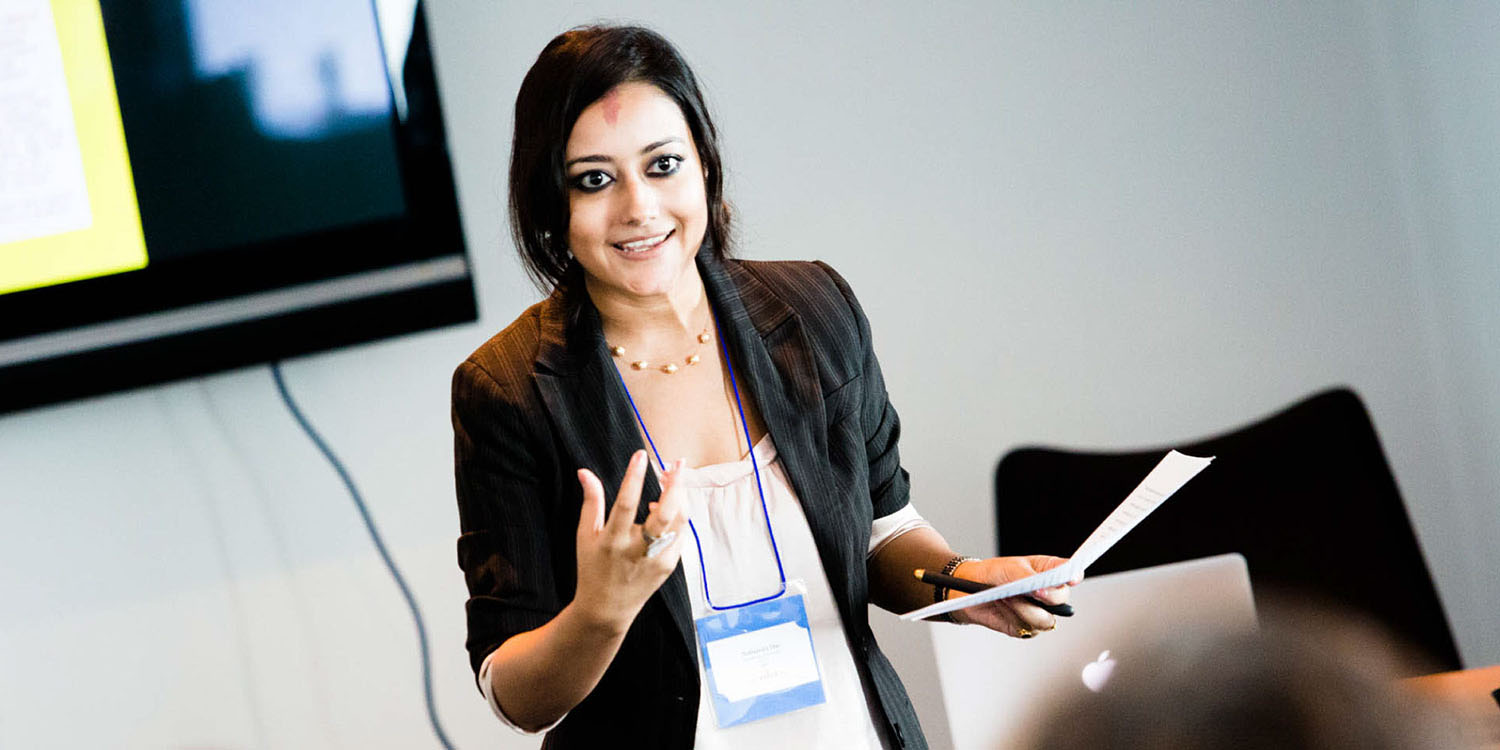
IAFOR Scholarships
Full and partial conference scholarships are available to cover registration fees for postgraduate students and early career academics to present at IAFOR conferences. Priority will be given to attendees whose work crosses borders of nation, culture and discipline.
Eligibility:
- Students currently enrolled in a PhD or Master’s degree programme
- Early career academics (academics who have completed a postgraduate degree programme within the last five years)
Conditions:
Abstracts submitted after the initial submission deadline of October 10, 2017 will not be considered for the scholarship. If you are awarded a grant or scholarship it is understood that you will attend the applicable IAFOR conference. If you are unable to attend the conference, your grant or scholarship will be forfeited.
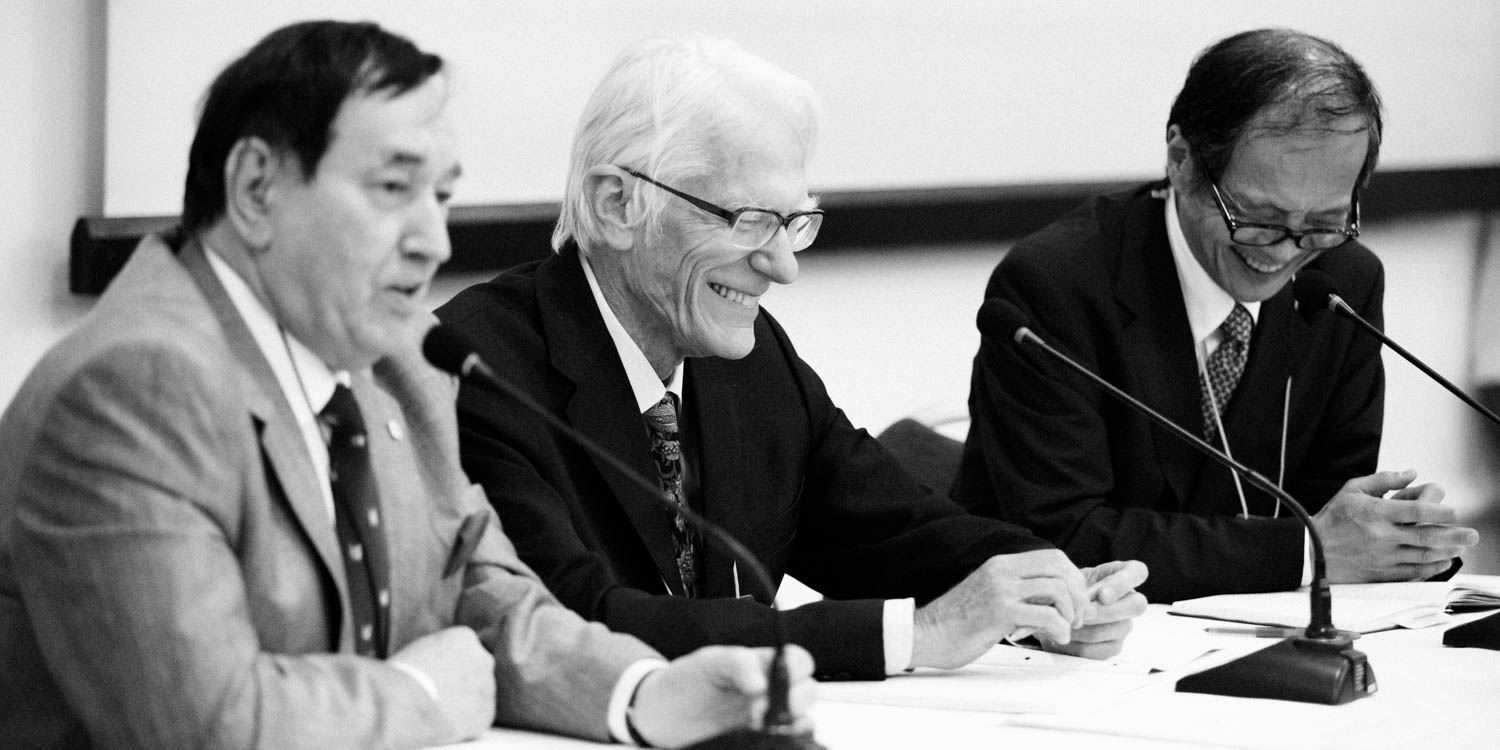
The Reverend Professor Stuart D. B. Picken (IAFOR), Professor Arthur Stockwin, OBE (The University of Oxford) and Professor Jun Arima (University of Tokyo) discuss Japanese security at The European Conference on Economics, Politics and Law 2014.
The Stuart D. B. Picken Grant and Scholarship
The Stuart D. B. Picken Grant and Scholarship is awarded to postgraduate students and early career academics who are in need of funding to complete their research, and whose work demonstrates academic excellence. Priority will be given to attendees whose work is interdisciplinary in nature. Recipients receive a grant of up to 500 USD towards airfare and accommodation, as well as a scholarship to cover full conference registration fees for the IAFOR conference at which their work will be showcased.
Eligibility:
- Students currently enrolled in a PhD or Master’s degree programme
- Early career academics (academics who have completed a postgraduate degree programme within the last five years)
Conditions:
Abstracts submitted after the initial submission deadline of October 10, 2017 will not be considered for the scholarship. If you are awarded a grant or scholarship it is understood that you will attend the applicable IAFOR conference. If you are unable to attend the conference, your grant or scholarship will be forfeited.
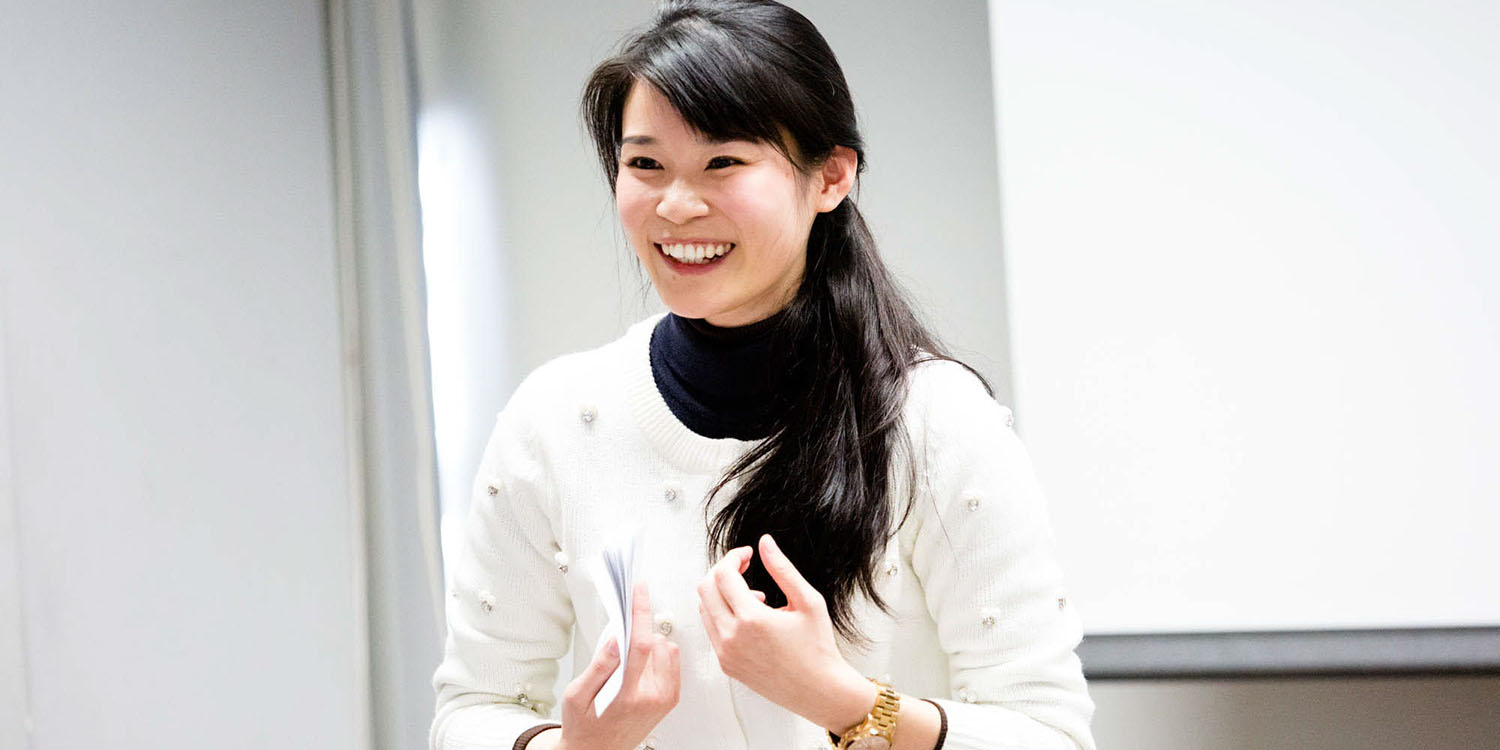
IAFOR–Institution Scholarships
IAFOR also partners with specific institutions or courses to offer scholarships that cover conference registration fees. These scholarships are only available to students who meet the criteria detailed below.
IAFOR–OSIPP Scholarship
This scholarship covers registration fees for Master’s students at the Osaka School of International Public Policy (OSIPP), Osaka University, to attend any IAFOR conference held in Japan. Available to all Master’s students at OSIPP.
IAFOR–Barcelona University Scholarship
This scholarship covers registration fees for two postgraduate students at the University of Barcelona to attend and present at The Barcelona Conference on Education (BCE) and The Barcelona Conference on Arts, Media & Culture (BAMC) in Barcelona, Spain.
Discounts for Members, Returnees & IAFOR Global Partners
IAFOR is pleased to offer an exclusive 15% discount on any conference registration package to its members. Membership is open to all those with a strong professional interest in education (scholars, professionals, policymakers, researchers, or students), and who share a commitment to the values of IAFOR, as expressed in our mission. By becoming a member, you will become a stakeholder in the IAFOR mission of facilitating international exchange, encouraging intercultural awareness, and promoting interdisciplinary discussion in the hope and expectation of generating and sharing new knowledge. Join us now in this growing global organisation, and help make a difference today. Further information at https://iafor.org/membership/
IAFOR is pleased to offer a 10% discount on conference registration to current students and staff members of IAFOR Global Partners, whose support contributes to making IAFOR conferences a truly rewarding experience - https://iafor.org/about/partners/
In addition, IAFOR offers a 10% discount to participants who have attended an IAFOR conference in the past, as well as a 50% discount for participants wishing to present a second paper at the same conference. We currently offer Early Bird and Advance Registration rates for presenters and an Early Bird rate for audience members.
Learn more about IICEDubai registration rates.
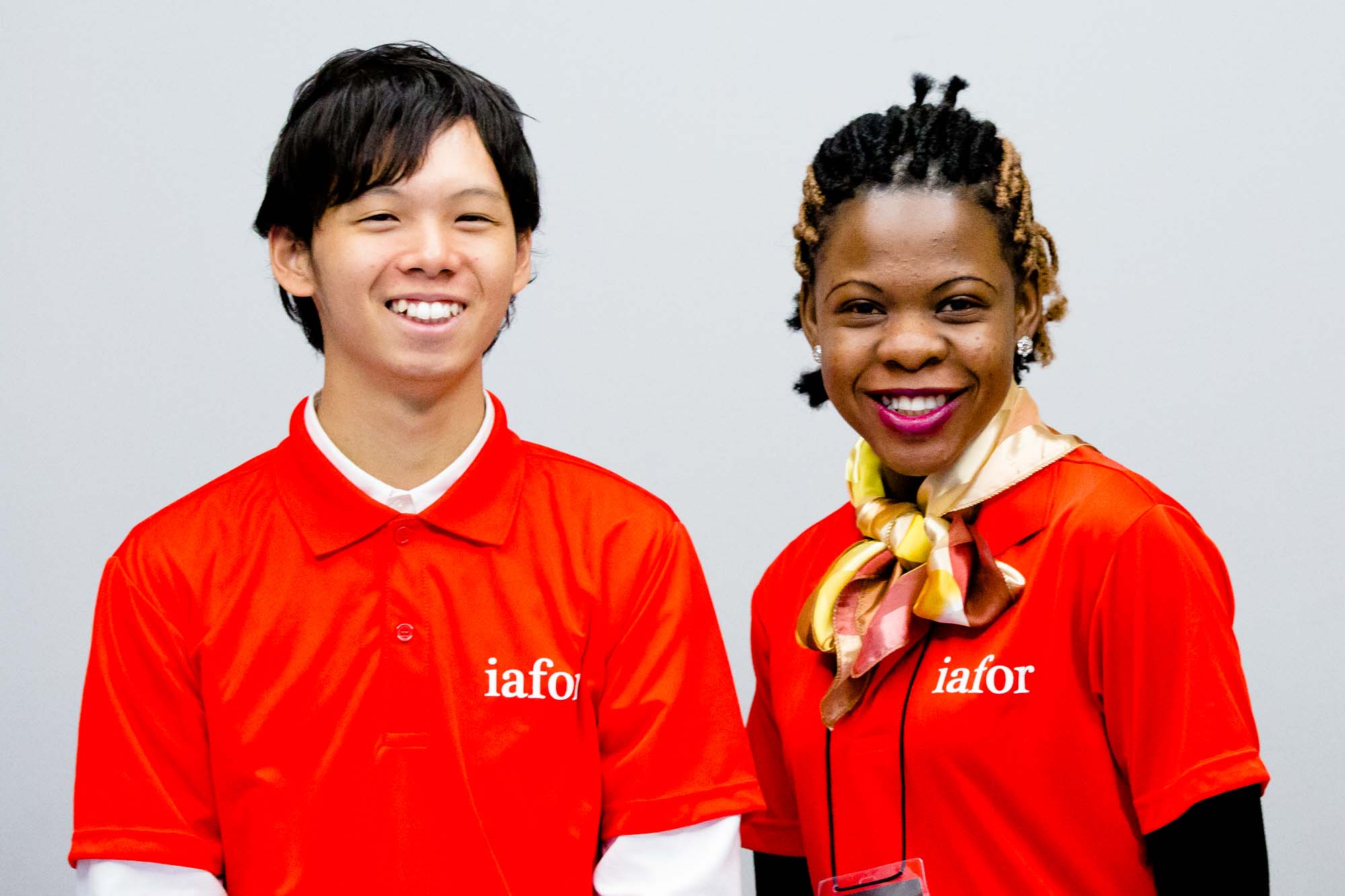
Japan Postgraduate Scholars Programme
IAFOR believes in supporting young academics and providing opportunities for them to present their work at international conferences. To encourage participation from postgraduate students, IAFOR’s Postgraduate Scholars Programme allows students undertaking Master’s or Doctoral studies to have conference registration fees covered in exchange for assisting with the operation of the conference.
Applicants must:
- be currently enrolled in a PhD or Master’s programme in Japan
- have an accepted abstract for presentation at an IAFOR conference in Japan
- show a professional demeanour and a positive attitude
Accepted Scholars:
- must attend a pre-conference training and preparation day
- be available to work each day of the conference (apart from the day of their presentation)
Application Deadline:
The application deadline is the conference final submission deadline, but early application is encouraged. Scholarships are limited for each conference, and preference will be given to early applicants.
Application and Further Details:
Please email: support@iafor.org.

